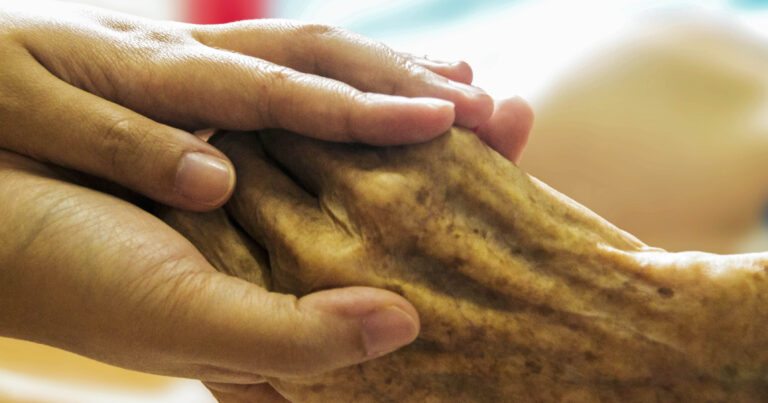Hospice LPN Career Guide
Looking for a different career guide?
Overview
Hospice LPNs/LVNs (Licensed Practical Nurses/Licensed Vocational Nurses) play a compassionate and crucial role in providing end-of-life care to patients and their families. These healthcare professionals offer skilled nursing care to individuals who are terminally ill and require palliative care in their final stages of life. Hospice LPNs/LVNs provide physical and emotional support, ensuring that patients experience comfort, dignity
Education
To become a Hospice LPN/LVN, you need to complete a practical nursing program (LPN), which typically takes about one year to complete. These programs are offered by vocational schools, community colleges and some hospitals. Practical nursing education covers topics such as anatomy, physiology, pharmacology and patient care techniques. After completing the program, you must pass the National Council
Skills
Staff and Travel Hospice LPNs/LVNs need a combination of medical knowledge and soft skills. Medical expertise includes administering medications, monitoring vital signs and managing medical equipment. They also need strong communication skills to effectively interact with patients, families and other members of the healthcare team. Compassion, empathy and the ability to provide emotional support to patients and their
Responsibilities
The responsibilities of Hospice LPNs/LVNs encompass a range of tasks, such as administering medication, managing symptoms, dressing wounds, providing personal care and assisting patients with activities of daily living. They work closely with other healthcare professionals, such as physicians, registered nurses, social workers and chaplains, to ensure a comprehensive and holistic approach to patient care. Emotional support and facilitating open
Salary Insights
The average salary for a Hospice LPN is $2,012.00 per week.
Last updated on December 8, 2024. Based on active jobs on Vivian.com.
Pros & Cons
Pros:
Meaningful Care: Hospice LPNs/LVNs provide comfort and dignity to patients in their final stages of life.
Rewarding Relationships: Building strong connections with patients and families is deeply fulfilling.
Personal Growth: The experience fosters personal growth and a deeper understanding of the human experience.
Job Stability: The demand for healthcare professionals in hospice care continues to grow.
Cons:
Emotional Strain: Providing care during end-of-life situations can
Some of the content on this page was enhanced using artificial intelligence.
Join over 1 million healthcare workers that are getting a head start with Vivian.
Join Vivian






